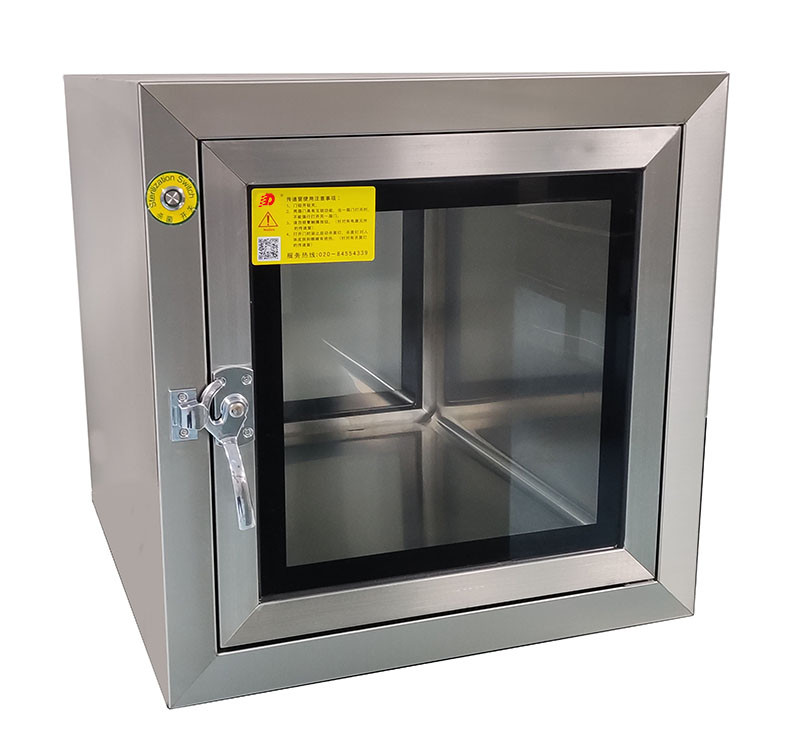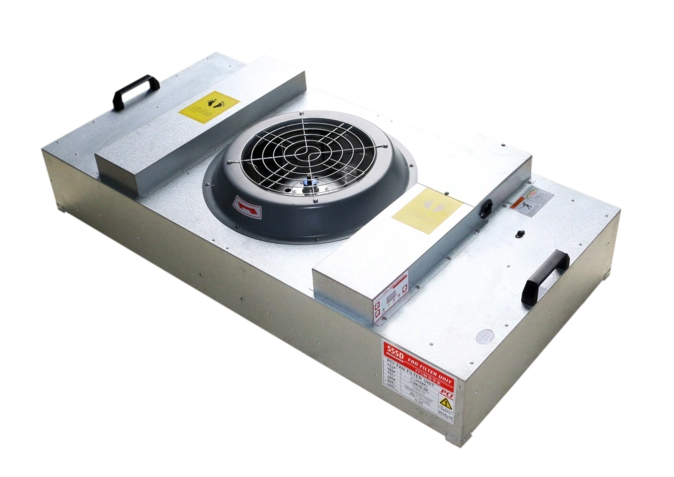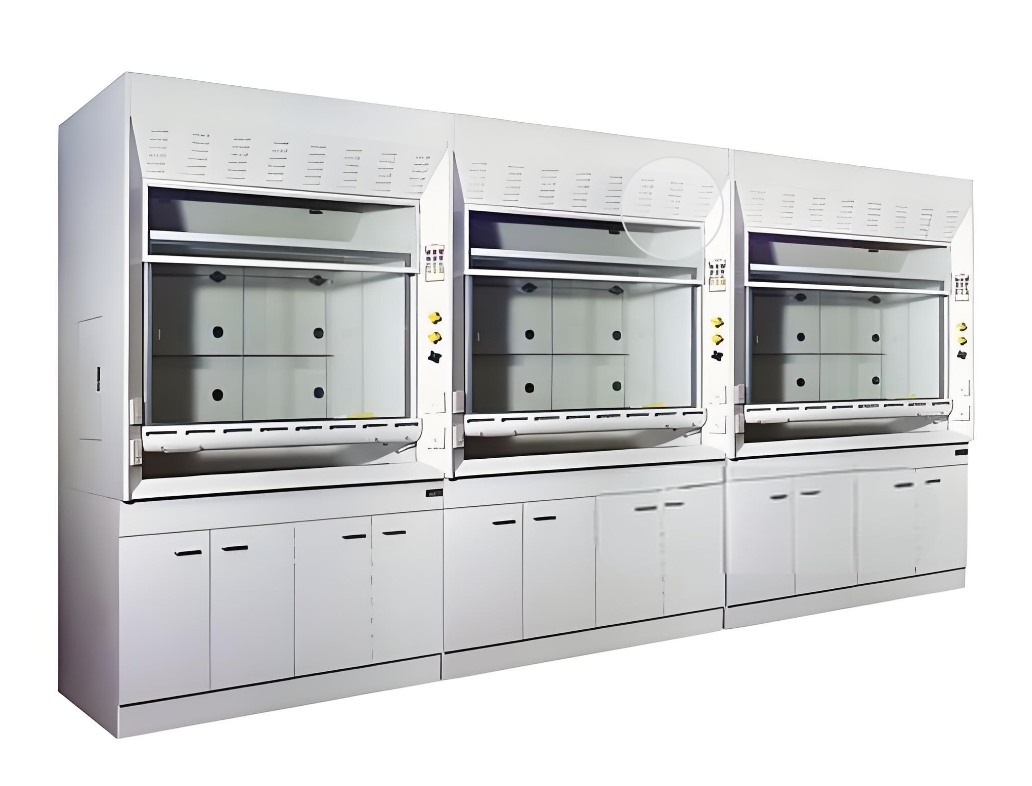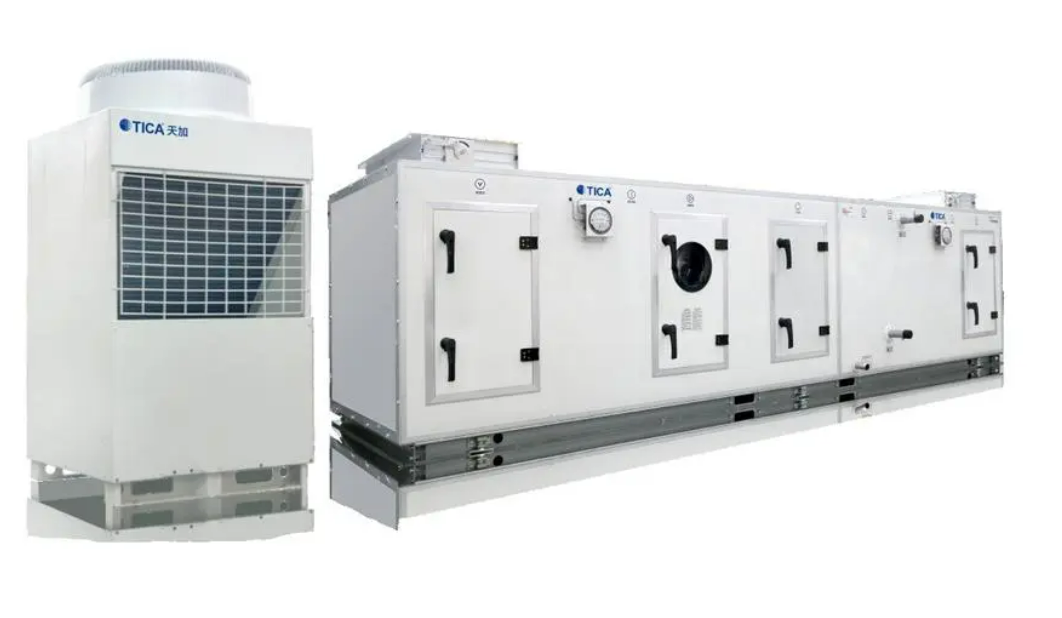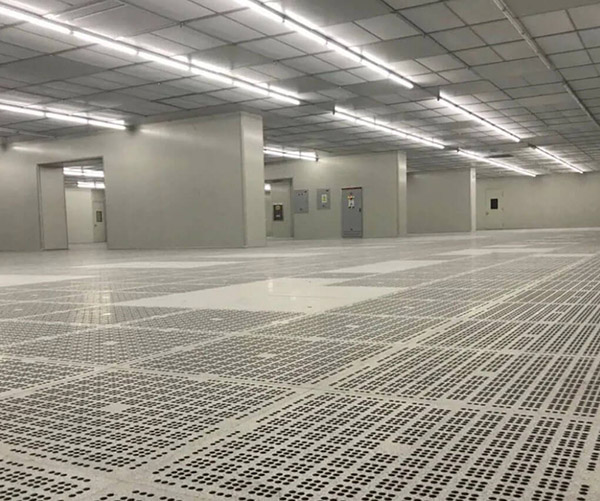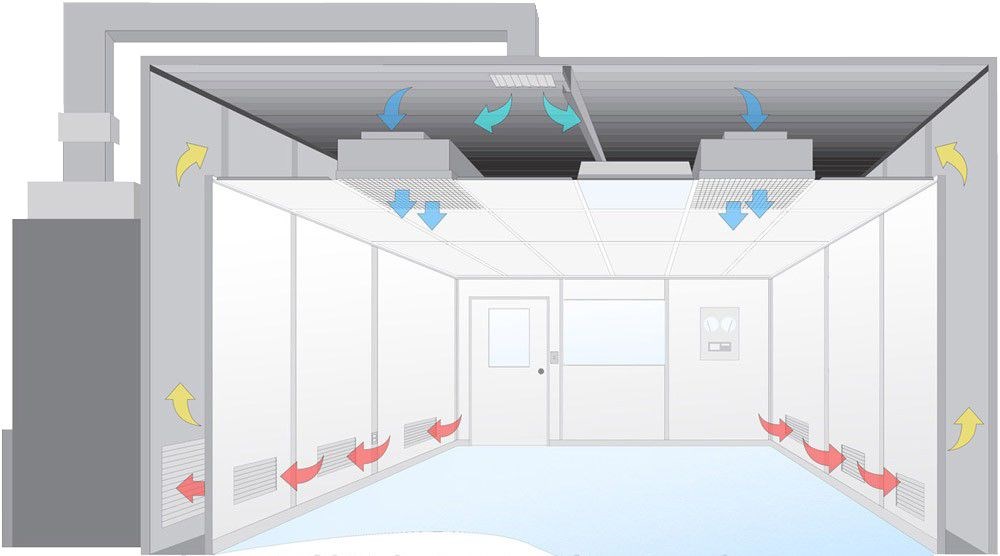Air purifiers can be a game-changer for allergy sufferers by helping remove allergens from indoor air, such as dust, pollen, and pet dander. Choosing the right model can greatly improve air quality and minimize allergic reactions. Here are four of the best air purifiers for allergy relief.

What is the Best Air Filter for Allergies?
hepa Filters: The Gold Standard
High-Efficiency Particulate Air (HEPA) filters are widely regarded as the best option for allergy sufferers. These filters must meet the U.S. Department of Energy (DOE) standard, capturing at least 99.97% of particles that are 0.3 microns in size. This includes common allergens, making hepa filters highly effective for improving indoor air quality. In fact, studies show that using hepa filters can reduce airborne allergens by up to 50% within a few hours of use.
MERV Ratings: Understanding Filtration Efficiency
When selecting an air filter, it's important to consider the Minimum Efficiency Reporting Value (MERV) rating. Filters with a MERV rating of 11 or higher can effectively capture pollen, mold spores, and pet dander. A MERV 13 filter, for instance, can remove particles as small as 0.3 microns with an efficiency of over 90%. This level of filtration is recommended for allergy sufferers and is commonly found in residential HVAC systems.
Size and Compatibility
Selecting the right size air filter is crucial. Filters come in various sizes, typically ranging from 12x12 inches to 20x25 inches. It’s important to check your HVAC system’s specifications to ensure compatibility. A filter that doesn't fit properly can allow unfiltered air to bypass the filter, reducing its effectiveness. According to the American Lung Association, using the correct size filter can enhance filtration efficiency by up to 40%.
Maintenance and Replacement Frequency
Regular maintenance is key to ensuring optimal performance of your air filter. Most experts recommend replacing filters every 1 to 3 months, depending on usage and environmental factors. For instance, households with pets or heavy dust may need to change filters more frequently. This practice can improve air quality and reduce allergens by up to 30% over time.

Relevant Standards and Guidelines
U.S. Department of Energy (DOE) Standard for HEPA Filters- HEPA filters must capture at least 99.97% of particles 0.3 microns in size.
Minimum Efficiency Reporting Value (MERV) Rating System- Filters should have a MERV rating of 11 or higher for optimal allergen filtration.
American Lung Association Recommendations- Change air filters every 1 to 3 months to maintain air quality.
Environmental Protection Agency (EPA) Guidelines- Regular maintenance of HVAC systems enhances indoor air quality.
Which Type of Air Filter is Best?
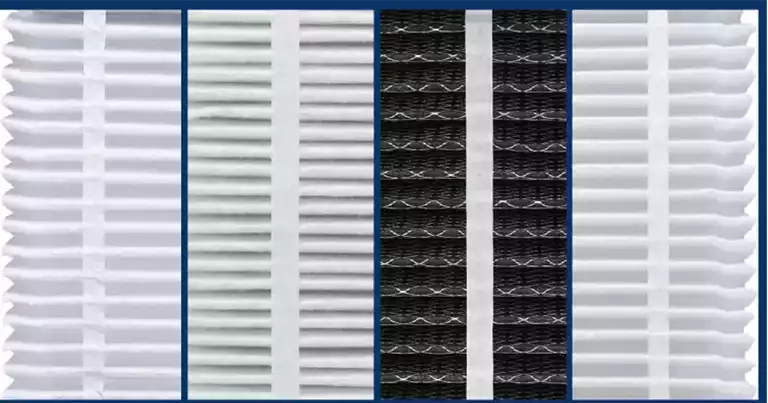
1. Understanding Air Filter Types
When choosing the best air filter, consider the type that suits your needs. HEPA filters are highly effective at trapping small particles, making them ideal for allergy sufferers. Activated carbon filters excel at removing odors and gases, while electrostatic filters can capture a range of pollutants. Each type has its unique benefits, so assess your specific requirements before making a decision.
2. Key Features to Look For
Look for filters with a high MERV rating, as this indicates better particle removal efficiency. Additionally, consider the filter's lifespan and maintenance requirements to ensure it fits your lifestyle.
3. Benefits of HEPA Filters
HEPA (High-Efficiency Particulate Air) filters are renowned for their ability to capture 99.97% of particles as small as 0.3 microns. This includes dust, pollen, pet dander, and even some bacteria and viruses. Using a HEPA filter can significantly improve indoor air quality, making it a top choice for those with allergies or respiratory issues. Furthermore, these filters are often used in hospitals and Clean Rooms, highlighting their effectiveness in maintaining a healthy environment.
Can a Dirty Air Filter Make Allergies Worse?
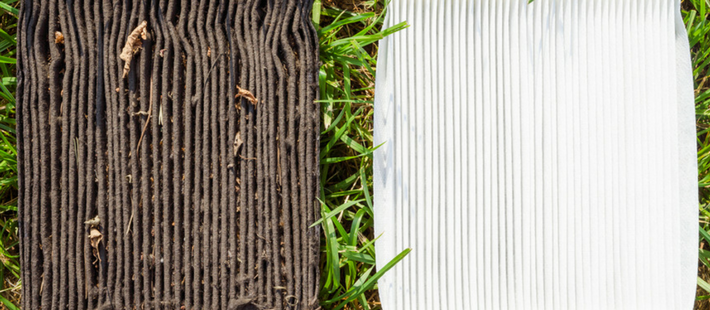
Impact on Air Quality
Yes, a dirty air filter can exacerbate allergies. When filters become clogged with dust and allergens, they can no longer effectively trap these particles. This leads to increased levels of allergens circulating in the air, which can trigger allergy symptoms and respiratory issues.
Regular Maintenance is Key
To maintain optimal air quality, it’s essential to regularly check and replace air filters as needed.
What Are the Side Effects of HEPA Air Purifier?

1. Potential Side Effects:While HEPA air purifiers are generally safe, some users may experience side effects such as dry air or increased noise levels. It's important to choose a model that suits your environment and personal comfort levels.
2. Considerations for Use:Ensure proper placement of the air purifier to maximize its effectiveness and minimize any potential discomfort.
3. Long-Term Effects of HEPA Use:Long-term use of HEPA air purifiers can lead to improved respiratory health and reduced allergy symptoms. However, it’s crucial to maintain the device properly, including regular filter changes, to ensure it continues to function effectively. Users should also monitor humidity levels, as overly dry air can lead to other health issues.
The 4 Best Air Purifiers for Allergies
1. Honeywell HPA300
This powerful purifier offers efficient coverage for large rooms and features a HEPA filter that captures 99.97% of airborne allergens.
2. Levoit Core 400S
Compact yet effective, the Levoit Core 400S features a HEPA filter and smart capabilities to monitor air quality and adjust accordingly.

3. Coway AP-1512HH
With advanced filtration and energy-efficient design, the Coway AP-1512HH combines a HEPA filter, ionizer, and deodorizer for optimal allergy control.
4. Dyson Pure Cool TP04
The Dyson Pure Cool TP04 purifies and cools the air simultaneously, removing allergens with its HEPA filter and providing real-time air quality monitoring.
Do Air Purifiers Really Work for Allergies?
Air purifiers are effective for reducing indoor allergens such as dust, pet dander, and pollen. The best models use HEPA filters to trap microscopic particles, preventing them from circulating back into the air. Regular use can significantly improve indoor air quality and reduce allergy symptoms.

While air purifiers can’t completely eliminate all allergens, they can dramatically reduce the concentration of airborne particles, leading to fewer allergic reactions. People with pollen or dust allergies may experience less sneezing, itching, and congestion after using a high-quality purifier.
Air purifiers can reduce allergic symptoms by trapping and removing harmful particles from the air. However, additional allergy management measures, such as cleaning and limiting exposure to triggers, may also be necessary for long-term relief.
What Type of Air Filter Is Best for Allergies?
For allergy sufferers, the best air filter is one that can trap small particles such as dust, pet dander, mold spores, and pollen. HEPA filters are widely regarded as the most effective option.
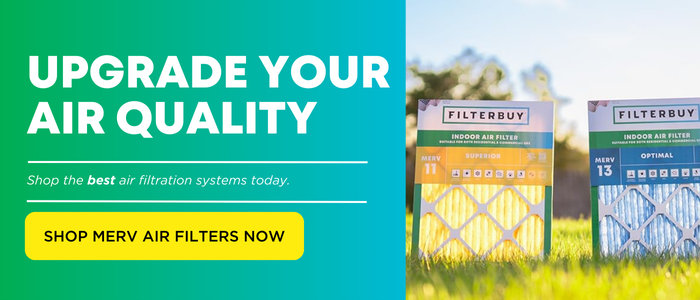
1. HEPA Filters
High-Efficiency Particulate Air (HEPA) filters are designed to capture particles as small as 0.3 microns. This makes them highly effective for trapping common allergens such as pollen, dust, and pet dander.
2. Activated Carbon Filters
While HEPA filters trap particulate matter, activated carbon filters excel at removing odors and gases, which may also contribute to allergy symptoms. This dual filtration system provides comprehensive air purification.
3. Pre-Filters
A pre-filter captures larger particles, extending the life of your main HEPA filter and improving overall efficiency. This is particularly useful for catching pet hair, dust, and larger debris before they reach the primary filter.
Can You Still Have Allergies After Using an Air Purifier?
While air purifiers can reduce allergens in your environment, they may not eliminate all potential triggers. You may still experience symptoms if other factors, such as dust or pollen outside, trigger your allergies.

1. Allergens from Outside
Even with an air purifier, outdoor allergens like pollen or mold spores may still infiltrate your home, especially if doors or windows are opened.
2. Other Allergy Triggers
Air purifiers are effective for filtering airborne allergens, but they may not address allergens that are trapped in fabrics or furniture. Regular cleaning is essential to maintain allergen-free living spaces.
3. Individual Sensitivities
Air purifiers can significantly reduce the level of allergens, but some individuals with severe sensitivities may still experience reactions due to residual allergens or triggers that remain in the environment.
Relevant Domestic and International Standards
Domestic Standards
ASHRAE Standard 52.2: Specifies the performance of air filters, including their effectiveness at trapping particles like allergens.
EPA (Environmental Protection Agency): Recommends using HEPA filters for homes to improve indoor air quality and reduce allergens.
International Standards
ISO 16890: An international standard for air filters used in Ventilation systems, assessing particle capture efficiency and air quality improvement.
EN 1822:European standard for HEPA and ULPA filters, ensuring performance criteria for allergen removal in air purifiers.
 +86 18186671616
+86 18186671616 Jason@cleanroomequips.com
Jason@cleanroomequips.com
 MENU
MENU







